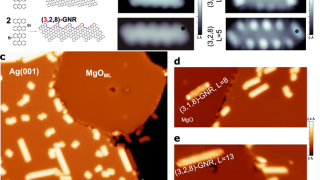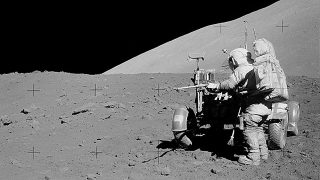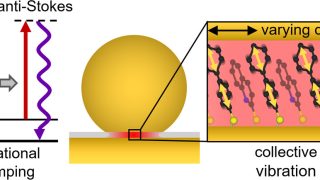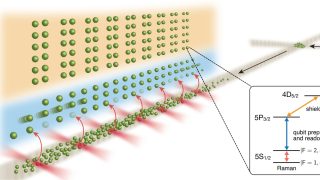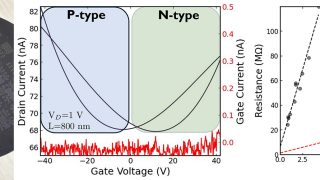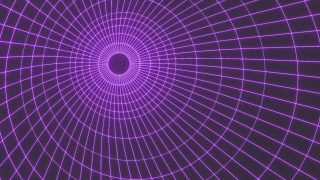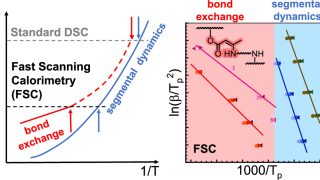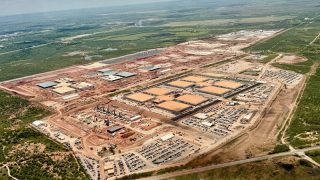
Sora 2 and the environmental impact of OpenAI
OpenAI’s recent rollout of its new video generator Sora 2 marks a watershed moment in AI. Its ability to generate minutes of hyper-realistic footage from a few lines of text is astonishing, and has raised immediate concerns about truth in politics and journalism. But Sora 2 is rolling out slowly because of its enormous computational […]
